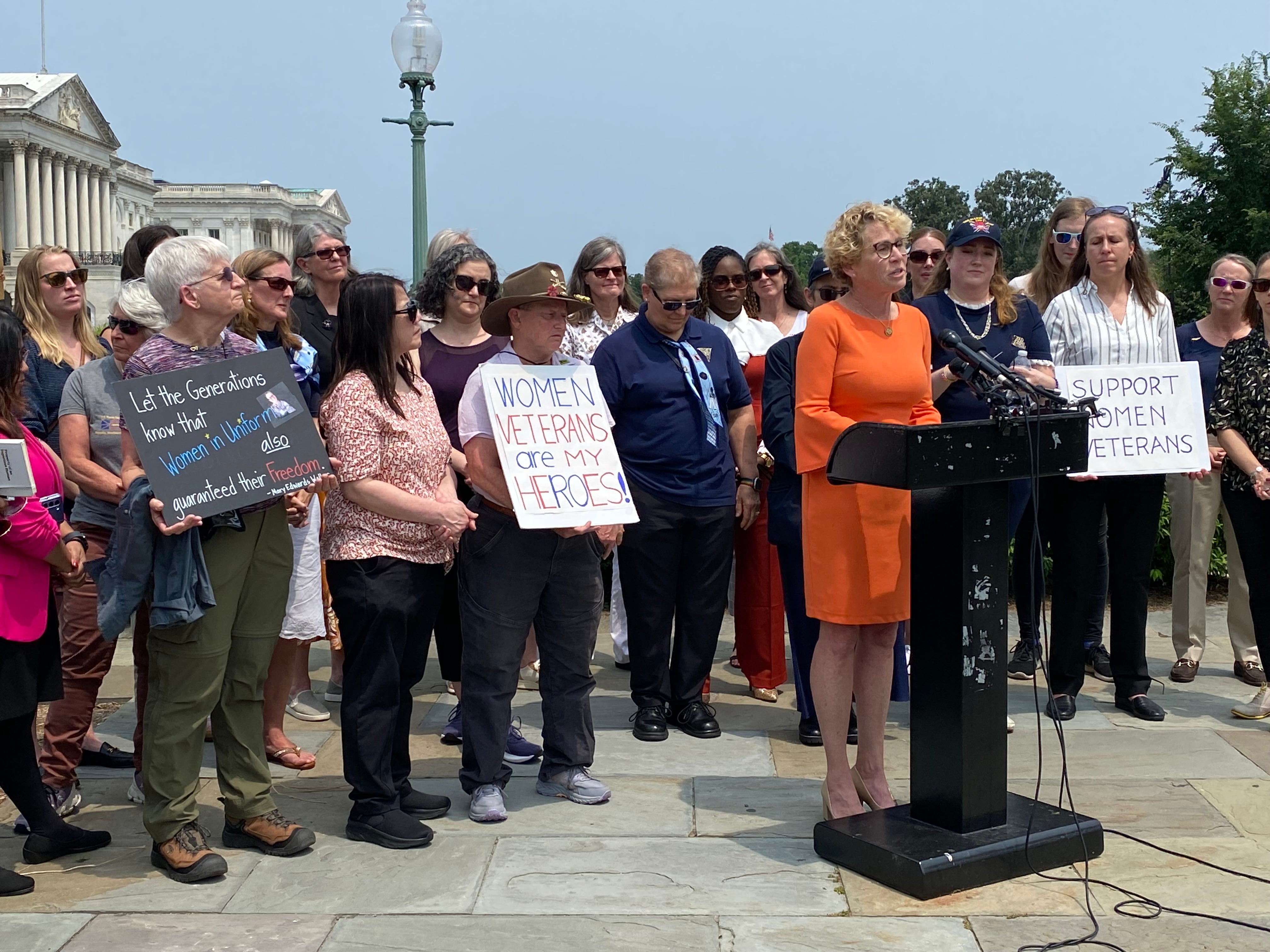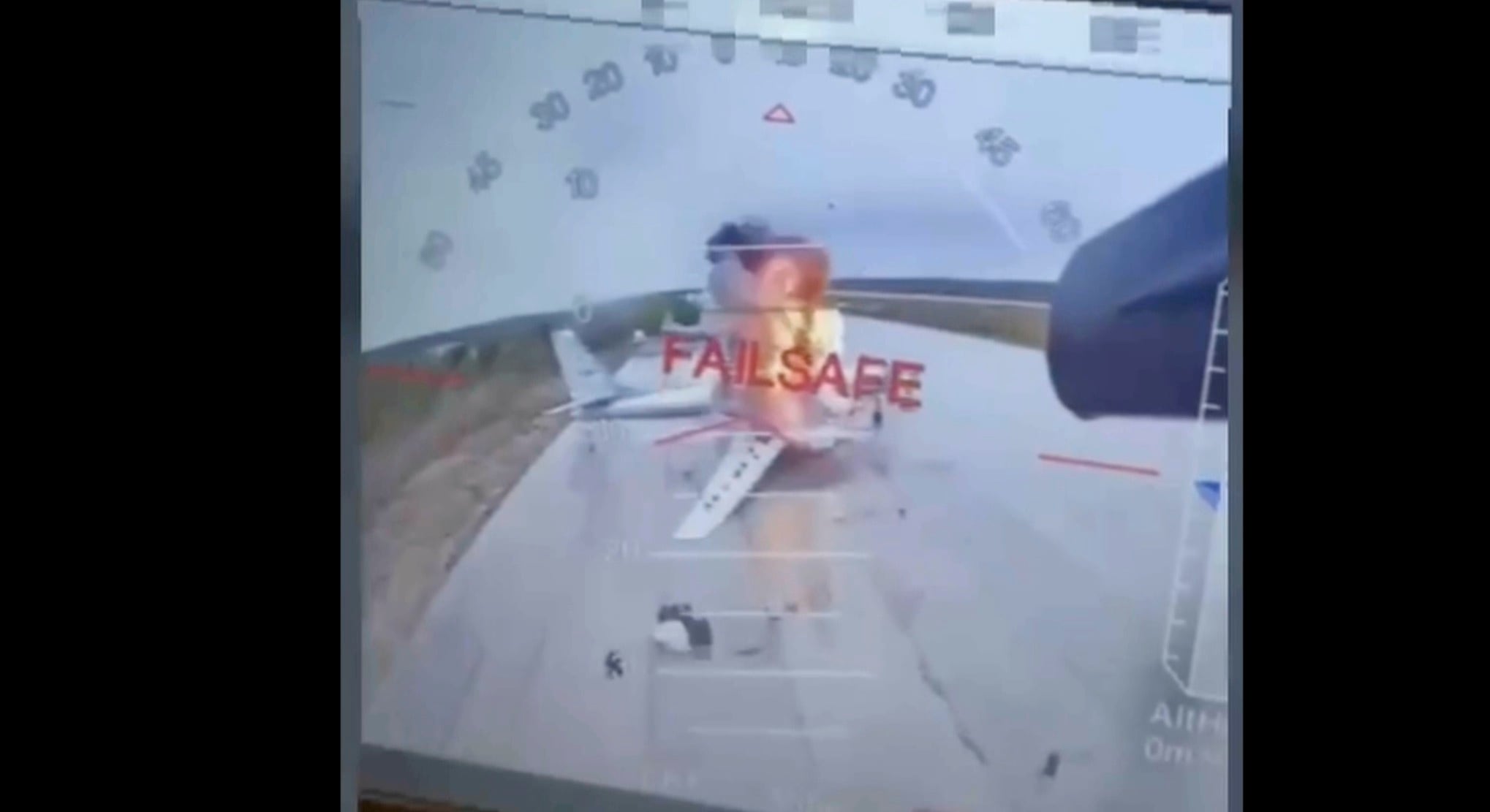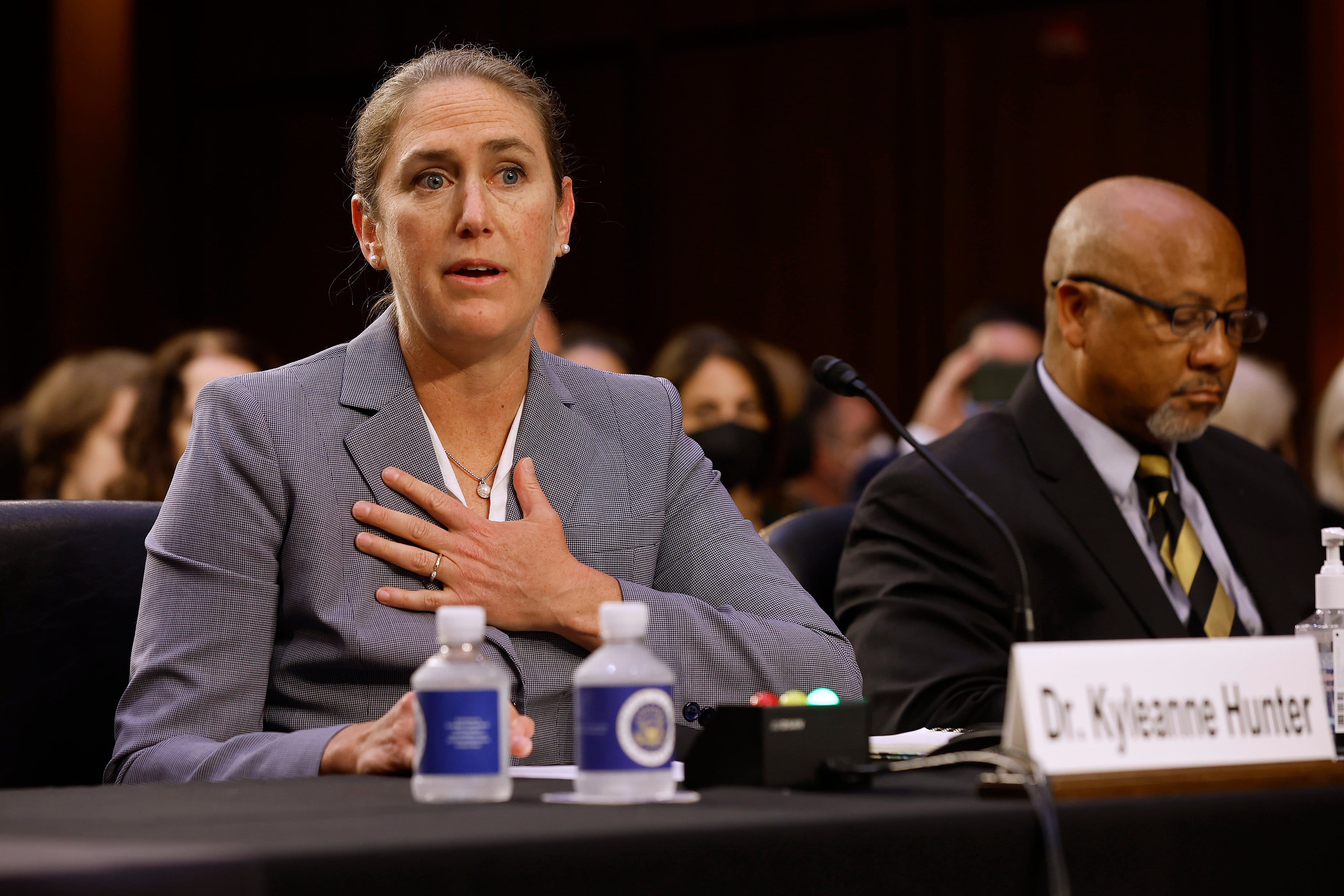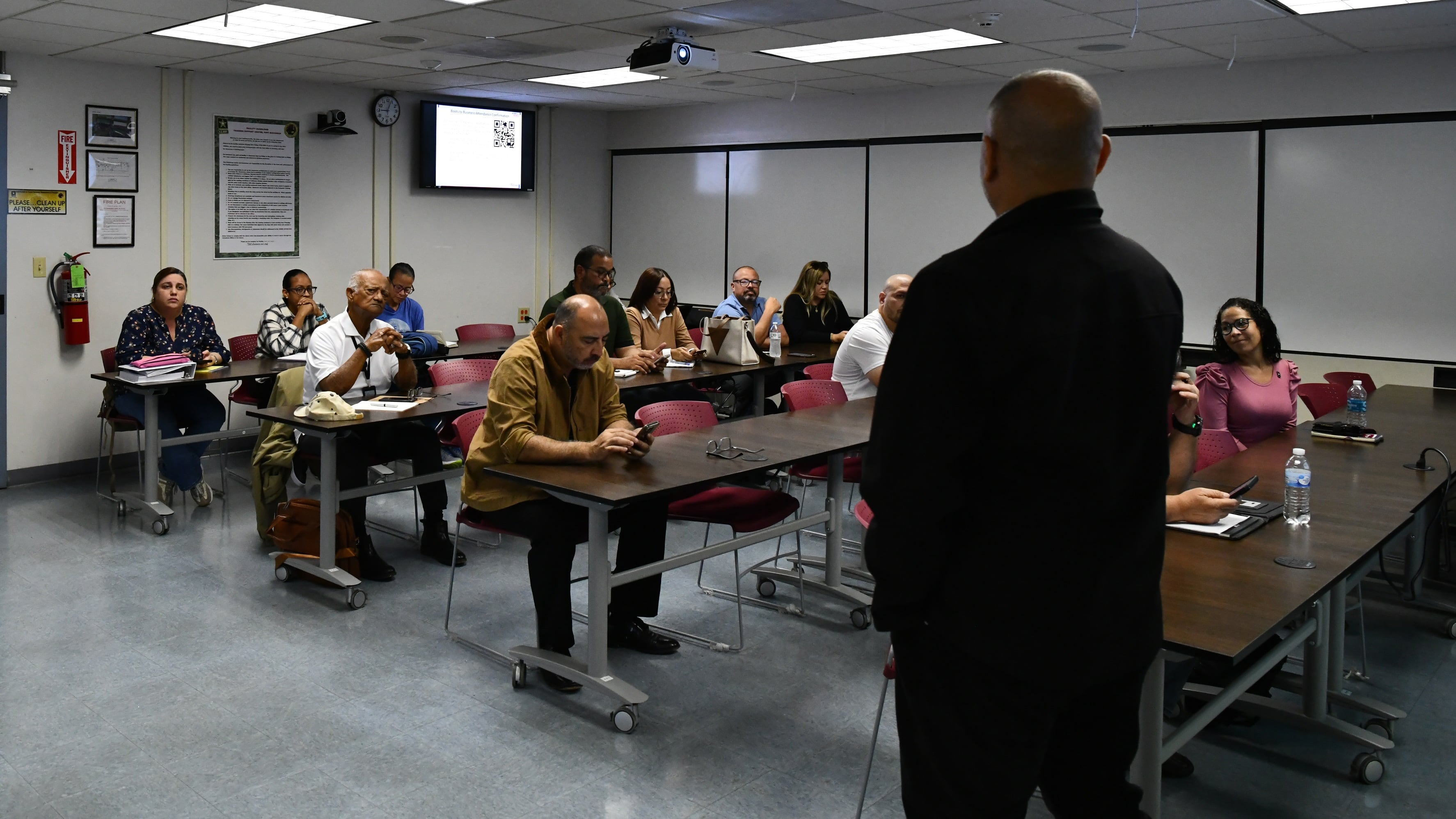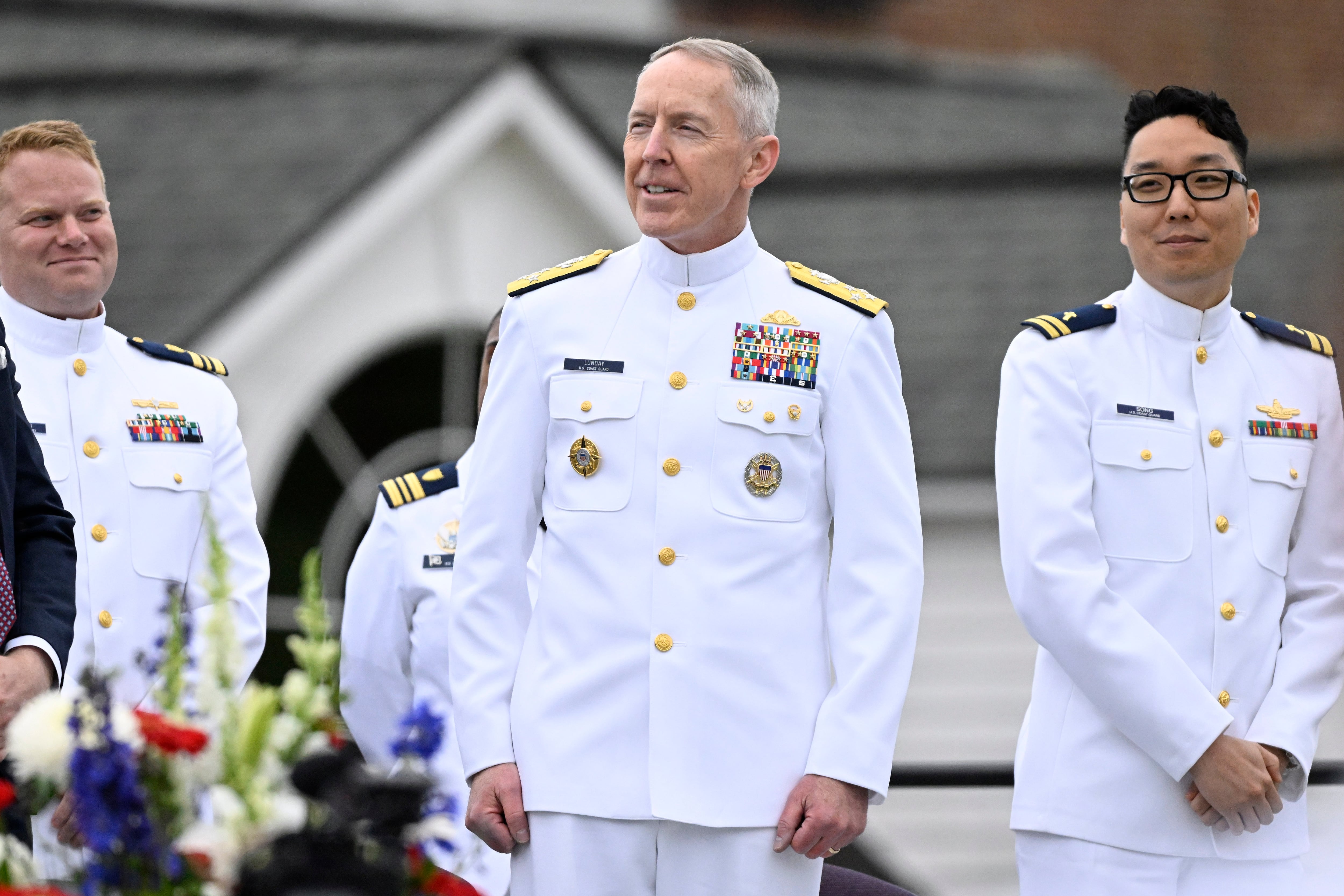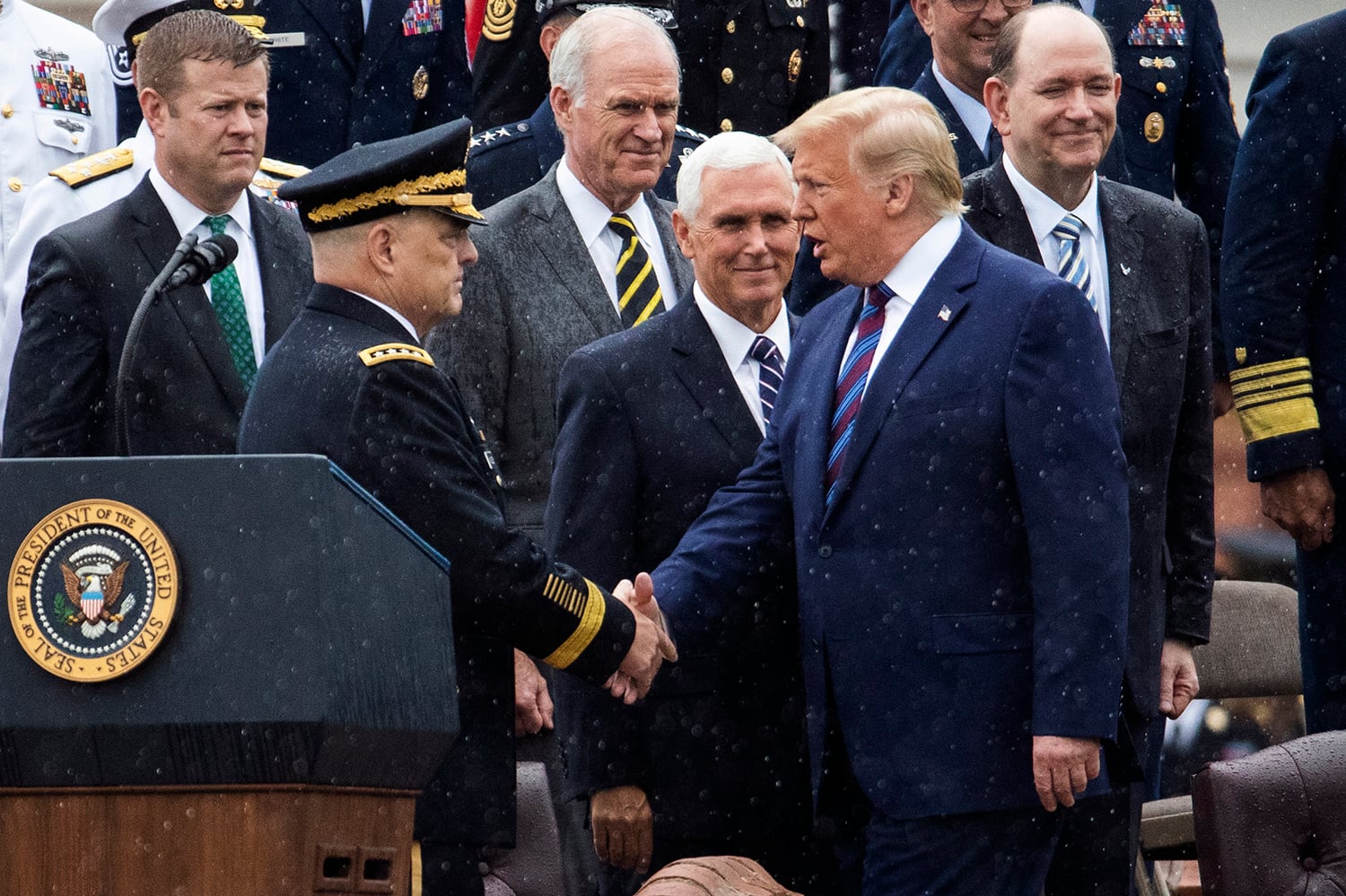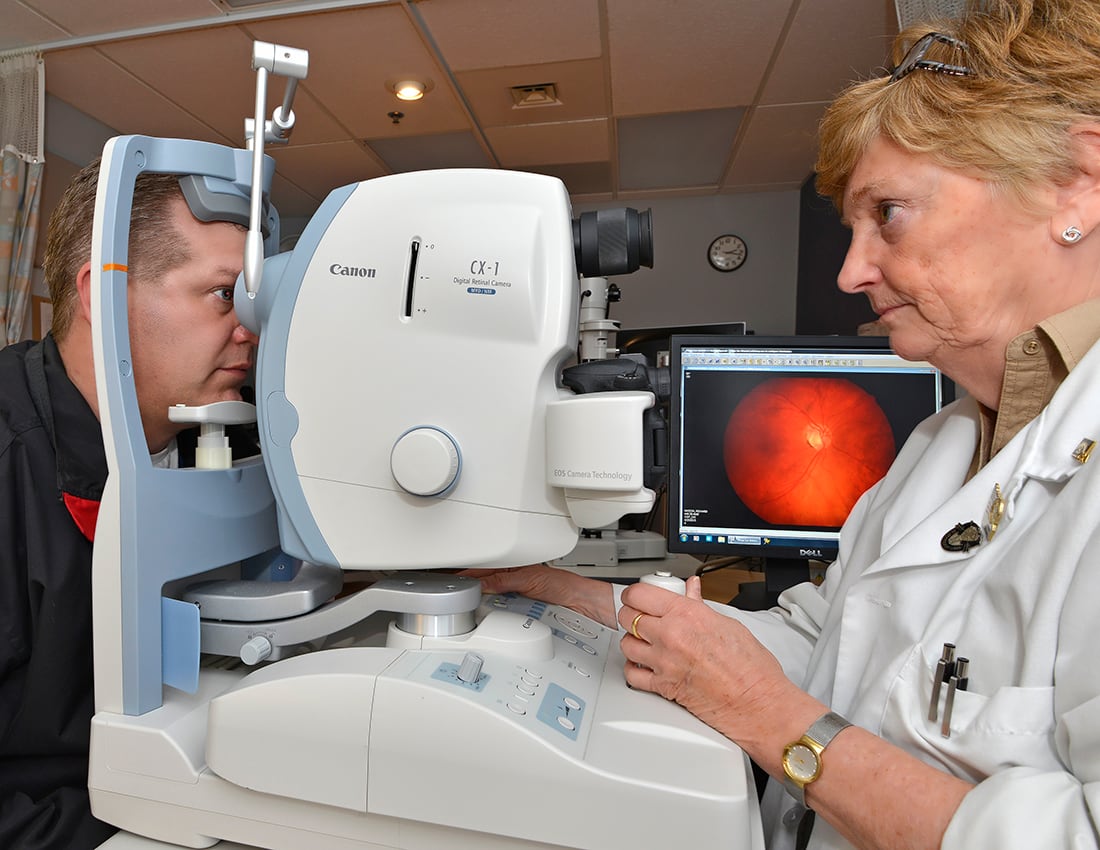Tasked with probing potential problems plaguing the way the sea service recruits, trains and retains a competent and ethical corps of uniformed attorneys, the 40th vice chief of naval operations on Friday telegraphed looming reforms.
Speaking at the annual Military Reporters and Editors conference at Navy League headquarters in Arlington, Virginia, Adm. Robert Burke said that his comprehensive review of the Judge Advocate General’s Corps has reached its “final phases” and legal experts culled from the U.S. Department of Justice, federal courts, private sector law firms and the other armed forces have made important recommendations to guide changes.
“We have some solid recommendations,” Burke said. “The report is not final, so it’s not prudent for me to talk about it. But these are solid and tangible things that we can change about the JAG community in the Navy — and, similarly, for the Marine Corps, who will benefit from these findings, as well — and do those things a little bit differently.”
Burke said those recommendations likely will influence “how we train, how we acculturate, how we organize” the Navy’s legal ranks.
On Aug. 22, Navy Secretary Richard V. Spencer expanded Burke’s ongoing investigation to the Marines, ordering them to launch an independent analysis of their legal community including “any corrective actions necessary” to fix the laws, regulations, policies, resourcing, organization, professional development, command relationships, oversight, staffing levels and career progression for its personnel.
The Navy and Marine Corps’ reports are due on SECNAV’s desk by Nov. 22.
RELATED
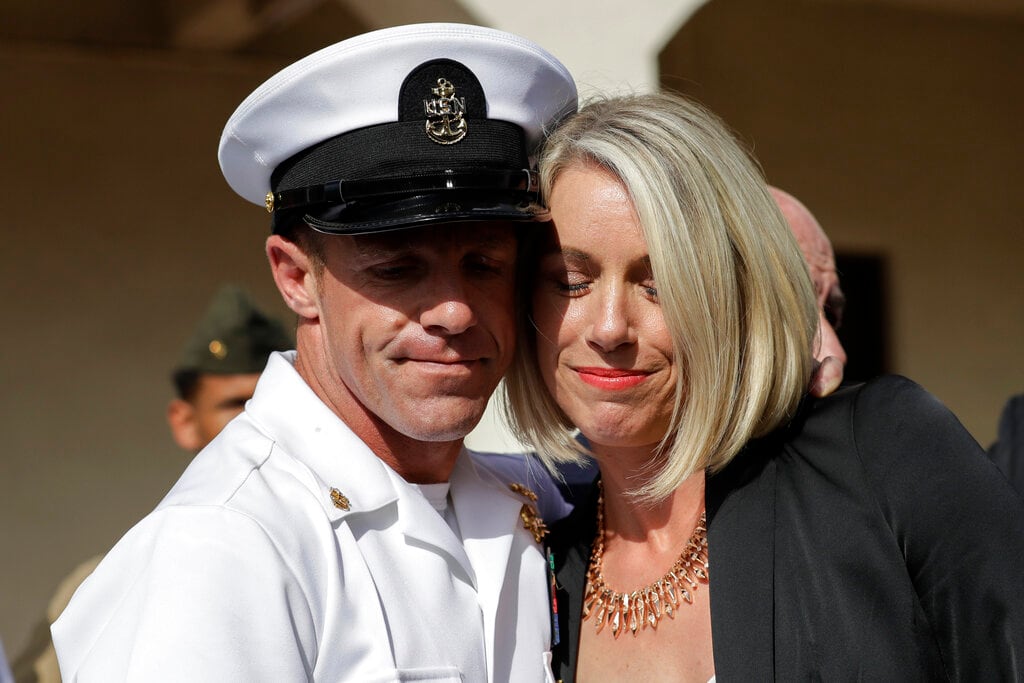
Burke acknowledged the role the investigation, prosecution and acquittal of Special Warfare Operator Chief Edward “Eddie” Gallagher played in sparking the review, although he indicated it wasn’t the only concern about the Navy’s legal personnel to percolate to the highest reaches of the sea service.
On July 2, a military panel of his peers at Gallagher’s San Diego court-martial trial cleared him on premeditated murder, obstruction of justice and all but one other charge tied to a 2017 deployment with Alpha Platoon, SEAL Team 7, to Iraq.
The trial spotlighted both the Navy’s prosecutors and the Naval Criminal Investigative Service special agents who probed the war crimes allegations.
Shortly before his court-martial trial kicked off, Navy judge Capt. Aaron Rugh sanctioned the prosecution team for violating the defendant’s constitutional rights.
Part of Rugh’s punishment included booting Cmdr. Christopher Czaplak, the lead prosecutor, for his role in a warrantless surveillance program cooked up with Naval Criminal Investigative Service agents to track emails sent by defense attorneys and Navy Times.
And the spying wasn’t the only allegation of prosecutorial and police misconduct dogging the case.
They were accused of manipulating witness statements to NCIS agents; using immunity grants and a bogus “target letter” in a crude attempt to keep pro-Gallagher witnesses from testifying; illegally leaking documents to the media to taint the military jury pool; and then trying to cover it all up when they got caught.
RELATED

Burke said that he and the former chief of naval operations — the recently retired Adm. John Richardson — decided to act after “some pressure on the JAG Corps to, frankly, do some retrospection and self-policing... and to go look hard at yourselves and what you need to do to address these issues."
Burke didn’t elaborate on growing concerns about Navy JAGs at the highest level of the sea service, but internal emails and documents provided to Navy Times hint at a legal community feeling Richardson’s heat months before Gallagher’s trial even began.
For example, a May 29 email chain that included Navy Judge Advocate General Vice Adm. John G. Hannick discusses prepping for an upcoming and important meeting with Richardson.
Other emails show that Hannick and other top JAG leaders were informed almost daily on the course of the Gallagher case, including media clippings that disclosed the warrantless spying by NCIS on Navy Times, defense attorneys and their paralegals.
Despite the CNO’s concerns, Burke disclosed on Friday that both he and Richardson found the responses from the JAGs to be “not very satisfying at the time” and the comprehensive review kicked off.
Burke also indicated that although his review’s charter did not “include an examination" of the investigative agency’s internal processes, his team looked at the role it plays within the Navy and how agents interact with the sea service’s attorneys.

